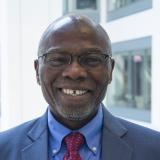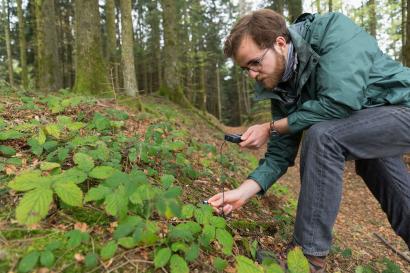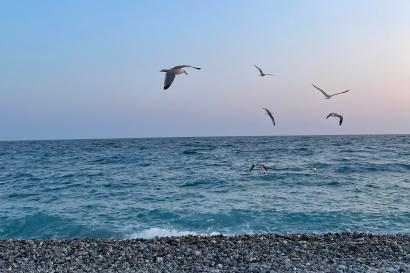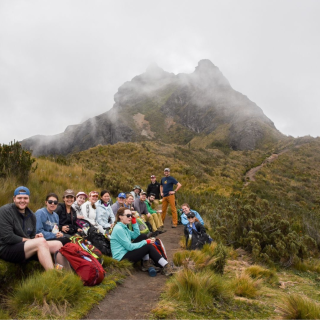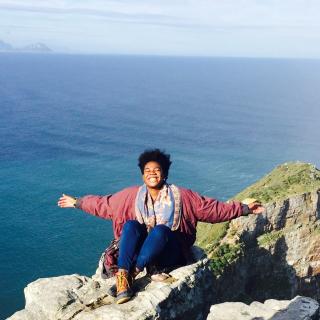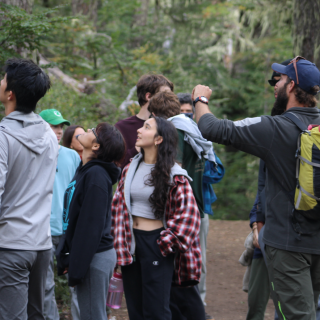In addition to Designing the Sustainable City, we have several other programs, courses and internships across our locations in the fields of Environmental Studies and Sustainability, Social Justice and Political Science & International Relations. Students are immersed in their host locations, study local laws, regulations and programs associated to their areas of study, which provides a global perspective that they can take back to their own communities.
Students also engage in field trips to a range of locations to learn about their local communities and how they operate, such as the Water Observatory of Terrassa (OAT) in Barcelona and the Black Forest in Germany. Here is a sampling of our related programs, courses, and internships:
Environmental Studies & Sustainability Programs
Known for taking the lead in the development of eco-friendly technologies and architecture, Freiburg also attracts researchers and environmental organizations from around the world. Students study Freiburg’s many unique contributions to this important movement.
Students immerse themselves in the environment as they explore eco-friendly technologies and architecture, visit environmental organizations, and study Marine Ecology and flora and fauna.
Fast-paced and as rewarding as it is challenging, this program is great for students interested in conducting field research or going on to graduate school. Students get hands-on experience studying topics such as Biology, Ecology, Environmental Studies, Marine Ecology, and Sociology.
Driven by the IES Abroad Global Good Commitment, this 6-week program offers courses examining policies, international relations, and natural and cultural paradigms towards Sustainable Development and Equitable Living at the crossroads of Europe and Africa
Social Justice Programs
Against the backdrop of a progressive city known for its cutting-edge contributions to the arts, business, politics, and social policy, this program offers students the chance to take an independent, fresh look at the world.
Students on this program gain insight into the complexity and breadth of the contemporary issues facing one of the world’s fastest growing economic zones.
Students on this program will discover the different perspectives, challenges, and needs of diverse populations in London and Kingston with a once-in-a-lifetime community-based learning opportunity.
International Relations Programs
Set in a city that's home to international agencies such as the European Institute for Security Studies, the OECD, and UNESCO, this program allows students to study in one of the most important business, financial, and political centers in the world.
Designed for students interested in Business, Economics, Sociology, and Political Science, this multi-location interdisciplinary program offers a unique comparative perspective of two of the most notable emerging economies in South America: Buenos Aires, Argentina, and Santiago, Chile.
Environmental Sustainability Remote Internships Placements
Education 4 Nature Galapagos
This nonprofit is developing a method to measure and evaluate over time the secondary succession of native forests that have been replanted by multiple individuals over various years on two reserves.
Amazonia Onlus
This Onlus supports the Amazon natives in the fight against the deforestation and for the conservation of the rainforest and its biodiversity. Since 2004, the non-profit organization works to ensure education, health and sustainable development to local communities of the Amazon Forest.

